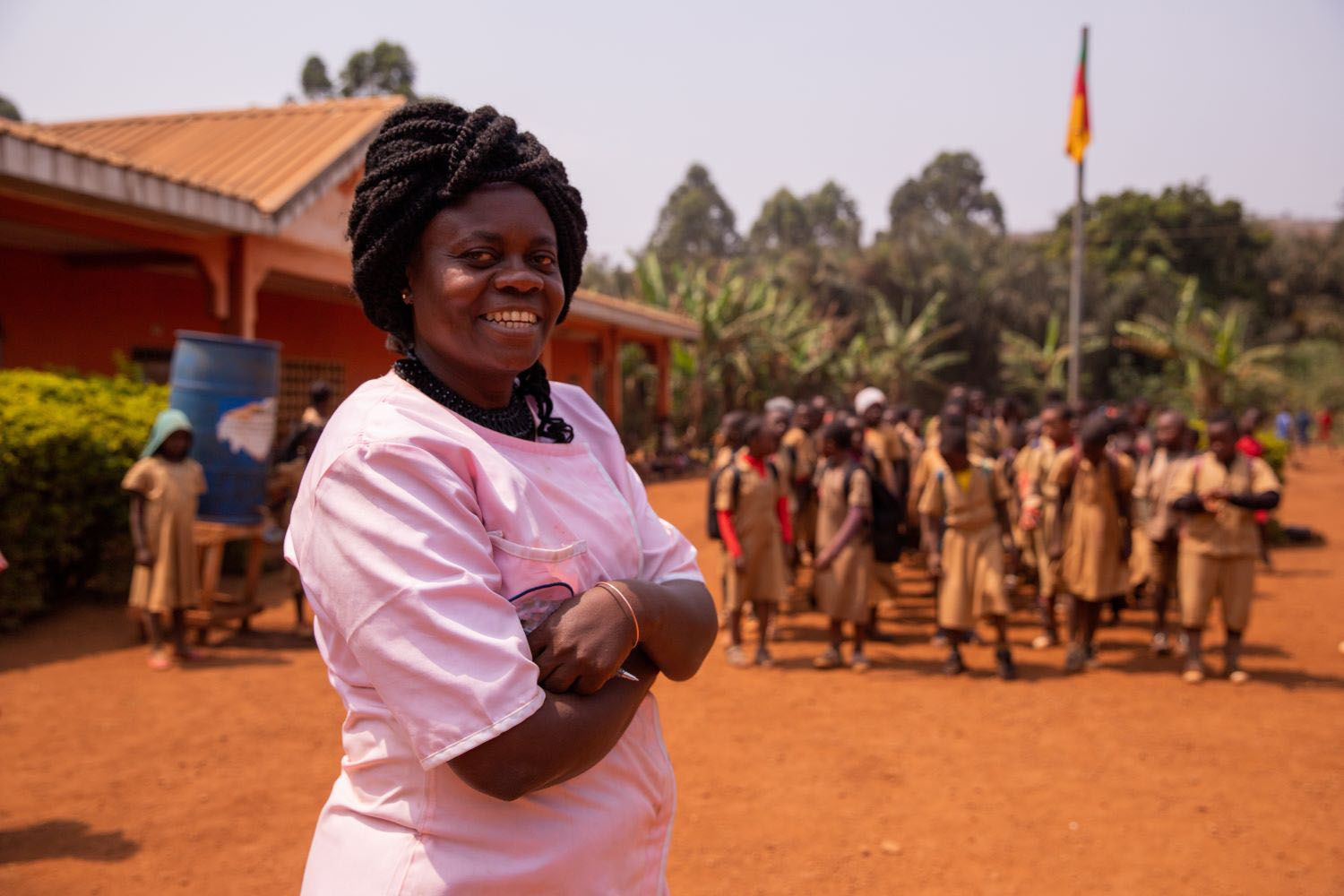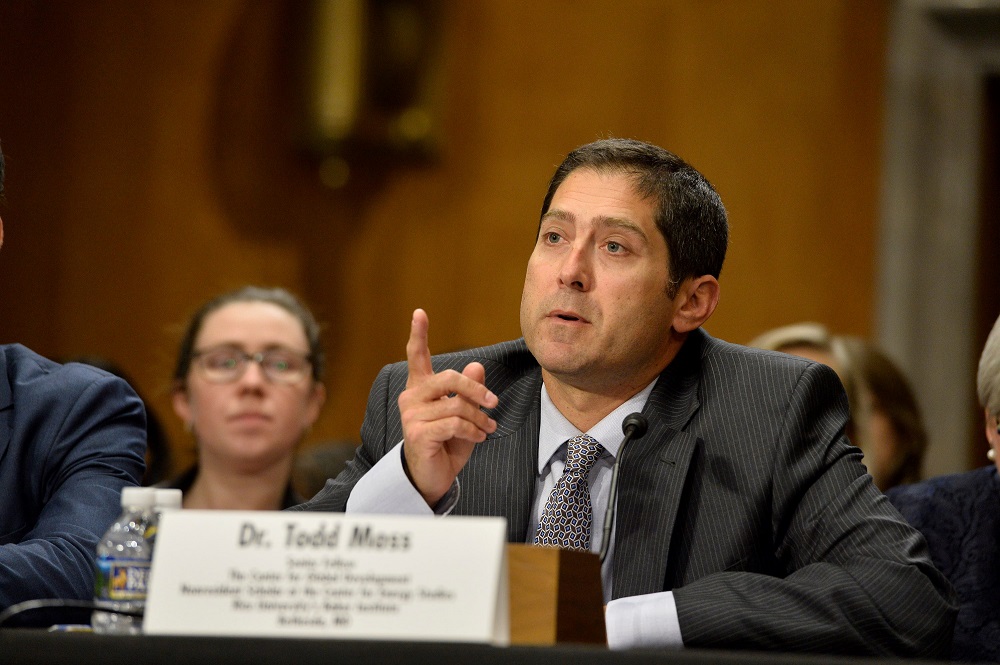Yesterday, the Government of Ghana signed its second compact with the Millennium Challenge Corporation (MCC). The compact will provide up to $498m to help transform Ghana’s power sector. The Ghana compact is noteworthy for its focus, its link to Power Africa, its potential to catalyze private investment, and its unique (for MCC) structure to incentivize policy reforms. There are, however, some unknowns at this point about the link between some proposed investments and MCC’s commitment to results. We should applaud the signing of the Ghana compact, but it’s what MCC and the Ghanaian government do next that will help maximize its bang-for-the-buck.
What’s Exciting about the Ghana Compact:
- It’s focused. The Ghana compact focuses on one sector: energy. Early MCC compacts tended to be diffuse (Morocco’s first compact had over 30 distinct activities!) which contributed to implementation challenges. MCC’s recent move toward more streamlined compacts holds good prospects for easier coordination and smoother implementation.
- It’s the largest Power Africa transaction to date. Power Africa is the Obama Administration’s commitment to double access to electricity on the continent, using multiple interagency tools. MCC is also working on compacts with Liberia and Tanzania, other Power Africa focus countries, and they promise to be big too ($400-$450 million). But Ghana is the first.
- It leverages additional resources. Per MCC’s approach to second compacts, in which partner governments are expected to contribute funds toward the completion of compact objectives, the Ghanaian government is contributing $37 million. In addition, the compact’s investments and the government’s accompanying policy reforms are expected to catalyze over $4 billion in private investment from US and other businesses.
- Incentives for policy reform are built into the compact in a different way. A substantial portion of the available funds ($190 million) are conditioned on the Ghanaian government completing three agreed upon energy sector policy reforms within the first two years of the compact. While this conditionality approach doesn’t fit within the pay-for-performance framework of Cash on Delivery aid that MCC said it was potentially interested in exploring, it is a new(ish) approach for MCC (all compacts contain some element of pre-agreed policy reform requirements, just not with a second tranche so explicitly riding on them) and it will be interesting to see how it pans out.
The Unknowns I Have Questions About:
- The potential of some projects to achieve cost-effective results is still unknown. One of the key things that sets MCC apart from other donors is its use of cost-benefit analysis to identify projects that can reduce poverty and generate growth in a cost effective way. MCC’s general rule is that a proposed project must have an economic rate of return (ERR) above 10%. While most of the Ghana compact’s projects have sufficiently high ERRs, some projects’ ERRs haven’t been calculated yet. Wisely, MCC states that for one such project—focused on turning around the Northern Electricity Distribution Company (NEDCo), worth up to $54 million—it will fund investments beyond an initial $5 million in technical assistance only if activities with acceptable rates of return are identified. The bigger unknown relates to the potential $190 million second tranche of funds conditioned on policy reforms. MCC and Ghana have not yet identified the possible activities these funds would support. However, MCC has committed to spending this money if the Ghanaian government fulfills its policy reform end of the bargain, apparently regardless of whether it is possible to identify activities with acceptable rates of return when the time comes. MCC expects such activities to exist based on the economic analysis done for the currently planned work, but at this point, over 40% of the compact’s potential program funds are reserved for unknown activities with unknown rates of return.
- MCC’s commitment to learn from an “experimental” project is unknown. The compact’s $10m Access project will experimentally test the most cost effective approaches to eliminating the constraints of small businesses in getting access to electricity. Because the project will involve untested activities there was an insufficient evidence base to calculate an ERR. This kind of exception to MCC’s ERR requirement may make sense on a limited basis and for small value projects (which this is) in order for the agency to innovate and experiment, but these exceptions must be accompanied by rigorous evaluations to help inform future funding decisions. At this point, however, MCC says they are intending to explore the opportunity for rigorous evaluations and will see if the design can accommodate one. I wouldn’t expect a fully fleshed-out evaluation design at this point, of course, but I was looking for more firm signals from MCC that it will undertake a rigorous evaluation.
Given These Unknowns, Here’s What I Hope to See As the Compact Gets Ready to “Enter into Force” and As Implementation Begins:
- Published ERRs for all activities whose rates of return are currently undetermined, including for the activities associated with the second tranche funding, if these funds go through;
- An evaluation plan that commits to learning from the experimental Access project;
- Public tracking of the Ghanaian government’s progress in meeting the policy conditions necessary to secure the second tranche of funding;
- Willingness, on the part of MCC, to de-obligate funds, if:
a. It is not possible to identify activities with high enough ERRs to reach the full $54m value of the NEDCo Financial and Operational Turnaround project; and/or
b. The Ghanaian government does not meet its agreed-upon policy conditions for the second tranche of funds.
Disclaimer
CGD blog posts reflect the views of the authors, drawing on prior research and experience in their areas of expertise. CGD is a nonpartisan, independent organization and does not take institutional positions.




